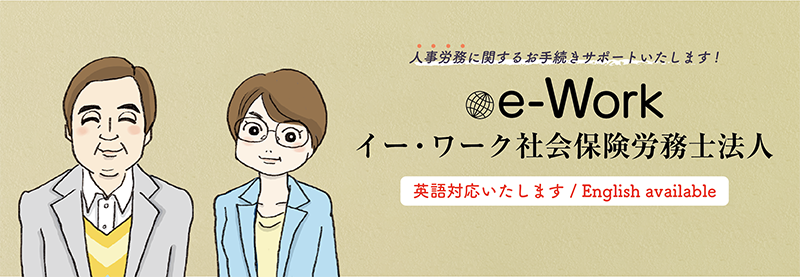Amendments in Japan’s Civil Code will take effect in April 2020. Specifically, clauses concerning revolving guarantee on loans (guarantor’s obligation of unidentified liabilities within a certain scope) have been revised, requiring a Letter of Guarantee (Guarantor Contract) to indicate a limit on the guarantor’s liability.
In employment, a Letter of Guarantee is used to verify matters including:
- The hired person’s identity
- The hired person’s adequacy as the company’s employee
- The guarantor’s capability of damage compensation
If an employee causes damage to the company, the guarantor will be held jointly and severally liable. The decision to require new employees to submit a Letter of Guarantee is left to each company. Some companies do not adopt a guarantor system.
Since the conventional Civil Code did not set forth a specific value to be shouldered by a guarantor, the guarantor could become liable to unexpectedly large amount of money. After the law amendment, a Letter of Guarantee is required to indicate the ceiling on the amount of money the guarantor shall pay in compensation in the case of damage.
★Q&A
Q1. Will Letters of Guarantee signed before April 1, 2020, become invalid after the law amendment?
A1. The new rule is applied to Letters of Guarantee signed on April 1, 2020, onward. Documents signed before that are subject to the old Civil Code.
Q2. Is a Letter of Guarantee does not indicate an upper limit on the guarantor’s liability invalid?
A2. If the Letter of Guarantee notes the guarantor’s obligation to damage compensation without indicating an upper limit, the entire Letter will be considered invalid.
Q3. What action will be required against the change in April?
A3. The following are three possible measures:
- Ensure that a Letter of Guarantee indicates an upper limit on the guarantor’s liability.
- Remove the description on damage compensation and limit the purpose of the Letters of Guarantee to the verification of employees’ identity and adequacy.
- Abolish the use of Letters of Guarantee altogether.
Q4. What would be the appropriate value for the limit?
A4. Since the law does not provide specific standards, each company has to set the limit on its own. If the value is too high, people would hesitate to act as a guarantor; if it is too low, on the other hand, the company may not be fully compensated in the event it incurs damage. Please discuss the matter thoroughly within the company and set a feasible amount.
Q5. Is there a term of validity for Letters of Guarantee?
A5. Letters of Guarantee are valid for three years, if not specified. Even if the term is specified, the document expires after five years and cannot be renewed automatically. If a Letter of Guarantee becomes necessary after its expiration date, the company has to require the employee submit a new one.
Q6. Does the company have any obligation to notify or explain to the guarantor?
A6. The company has the obligation to explain the following points regarding compensation.- When the company claims compensation
- Under what circumstances the contract can be terminated
It is advisable to make a document including the above and deliver to the guarantor.
The company is also required to notify the guarantor when the concerned employee’s scope of work has changed, since the content of guarantee is subject to the employee’s work duty or position. The guarantor must be notified each time when such change is made.













